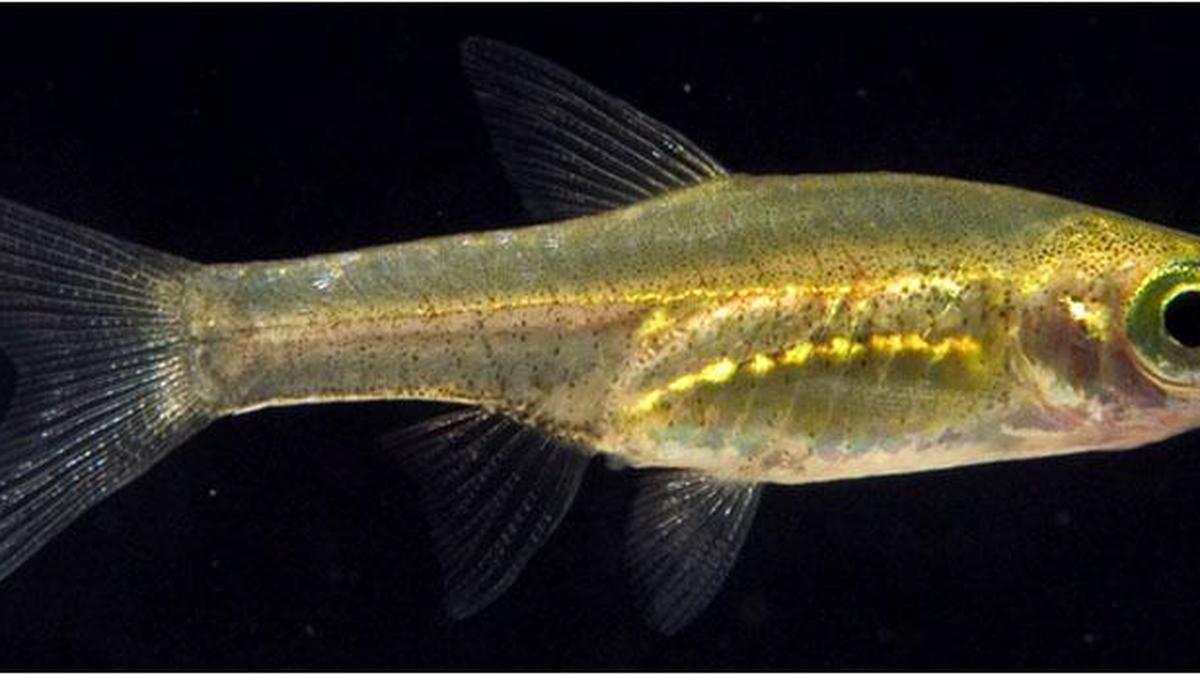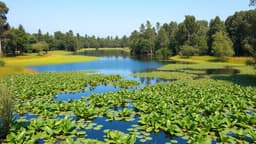Home / Environment / Kerala Empowers Local Committees to Protect Endangered Species
Kerala Empowers Local Committees to Protect Endangered Species
27 Oct, 2025
Summary
- Kerala government authorizes district-level Biodiversity Management Committees to designate locally threatened species for priority protection
- New framework allows recognition of traditional crops, medicinal plants, and indigenous livestock for conservation
- Pilot launched in Kasaragod and Kozhikode districts, with plans to expand across the state

As of 2025-10-27T12:24:05+00:00, the Kerala government has taken a significant step towards decentralized conservation by empowering district-level Biodiversity Management Committees (BMCs) to formally designate locally significant species for priority protection.
An order issued by the Environment department last month authorizes the BMCs in district panchayats to identify, propose, and notify flora and fauna that are locally threatened, endemic, or hold deep cultural importance as "official species." This new framework aims to ensure legal protection and promote conservation efforts rooted in local knowledge and participation.




